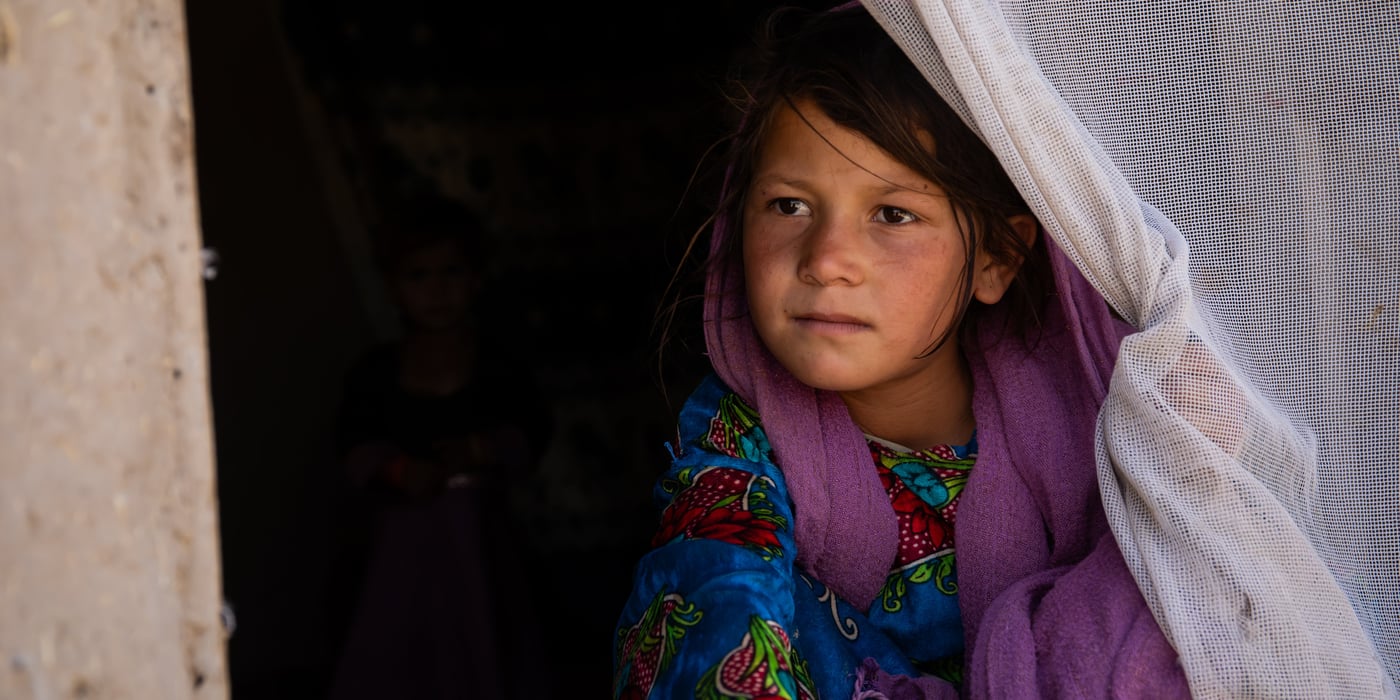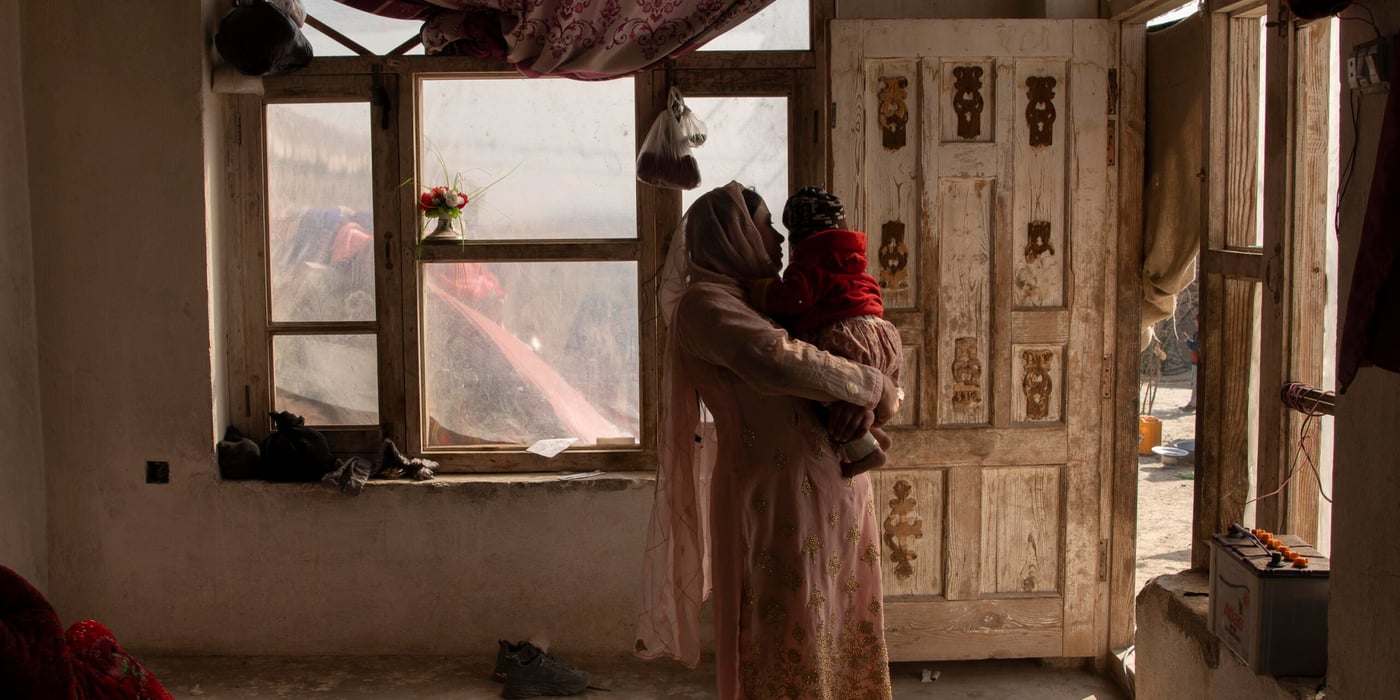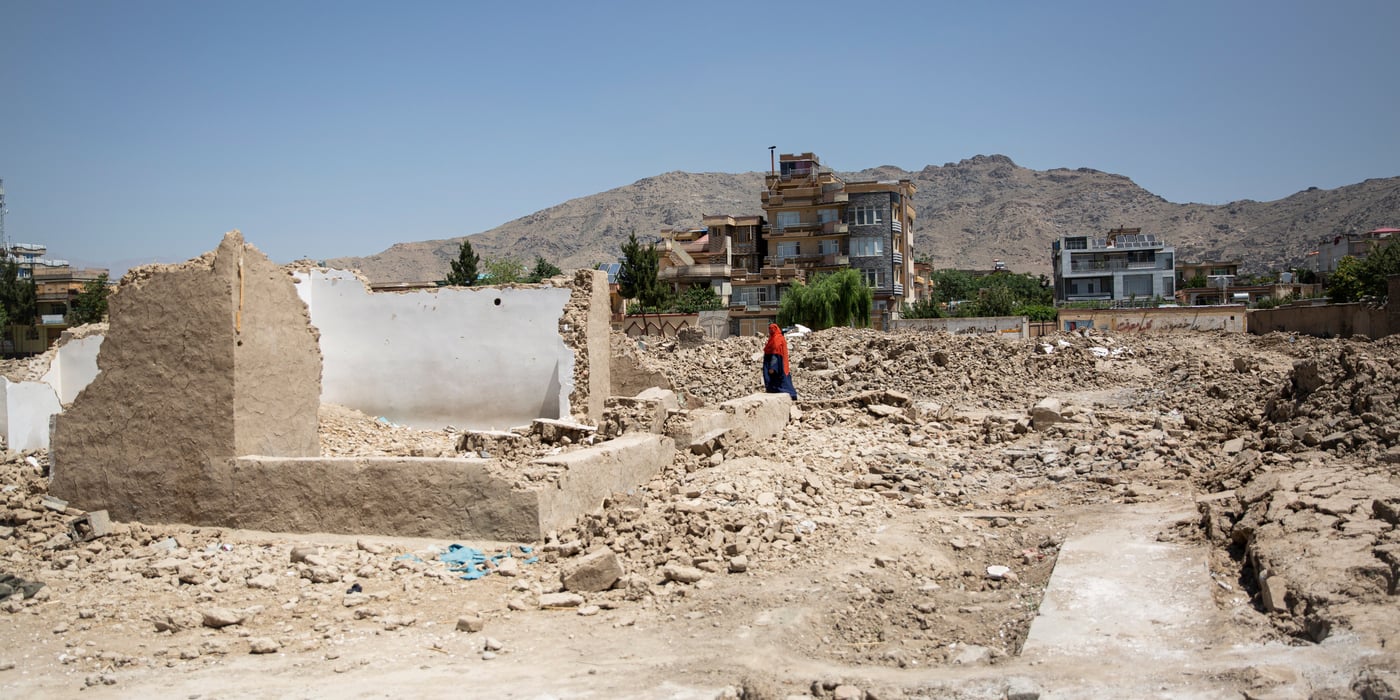This is hindering their access to education, employment, housing and property, according to a new study released today.
“The lack of identity papers reinforces these women's poverty and vulnerability,” said Country Director for the Norwegian Refugee Council in Afghanistan, Kate O'Rourke.
Few have ID documents
For the female population of the country as a whole, coverage is low – with only 38 per cent of women having a tazkera, the Afghan national identity document. In comparison, 90 per cent of Afghan men have such papers, without any large difference between displaced men and the rest of the male population, as revealed in the new study, Access to Tazkera and other civil documentation published by the Norwegian Refugee Council (NRC), in partnership with Samuel Hall.
“This is not just about a piece of paper. Afghans, in particular those who are internally displaced, tell us that their lack of identity papers make it harder or impossible for their children to be enrolled in school, as well as for them to secure work, and buy or rent property, “ said Kate O´Rourke.
Without the support and permission of the family, it is very difficult for women to obtain a tazkera. Some people also lack correct information about the application process, or the money needed to secure the document.
Access to basic services
“I need to have a tazkera to get one of my children into school,” explained Zia Gull, who was recently able to access the Afghan national ID.
“Legal identity enables women to access basic services and pursue opportunities outside the home, but in a conservative society such as Afghanistan, displaced women in particular are often denied this right. Until we overcome these challenges, displaced women - many of whom have lost male breadwinners - are likely to remain impoverished and extremely vulnerable”, said O´Rourke.
She is especially concerned about the access to identity documents for the growing number of Afghans displaced internally, which has surpassed 1.5 million in 2016.
Urgent need
”The current procedures make it difficult for people to access their identity cards outside of their province of origin. We are encouraged by reforms that allow Afghans to obtain identify documents in Kabul, but for many displaced travelling to Kabul is too expensive, or too dangerous”, said O´Rourke.
“Proper access to legal identity is necessary to ameliorate the effects of displacement, as well as stop the cycle of poverty it often generates. Therefore, it should be a priority for the Afghan authorities to ensure all citizens have access to legal identity papers”, added William Carter, NRC's Head of Programmes.
"The rising and unprecedented number of Afghans returning from Iran and Pakistan this year, who already face significant resettlement challenges, are also hindered from accessing identity documentation, particularly families who have been living abroad for decades. Civil documentation is an urgent need as it opens up access to education and livelihoods, and also, in many cases, support from organisations and local authorities", said researcher Marion Guillaume from Samuel Hall.




